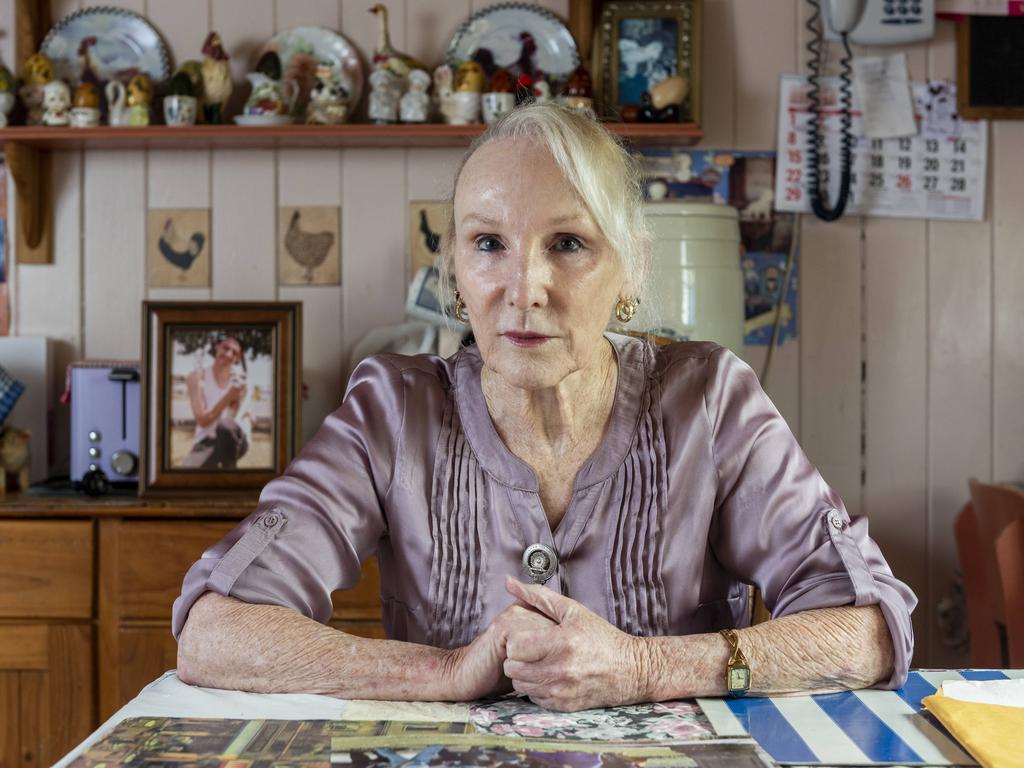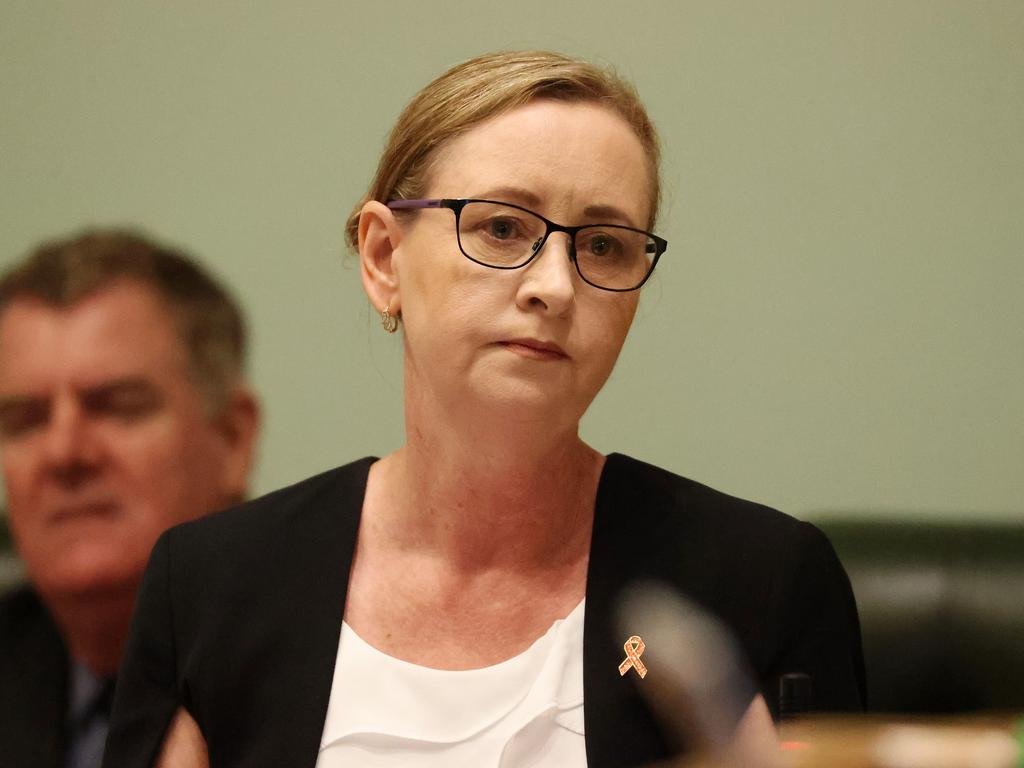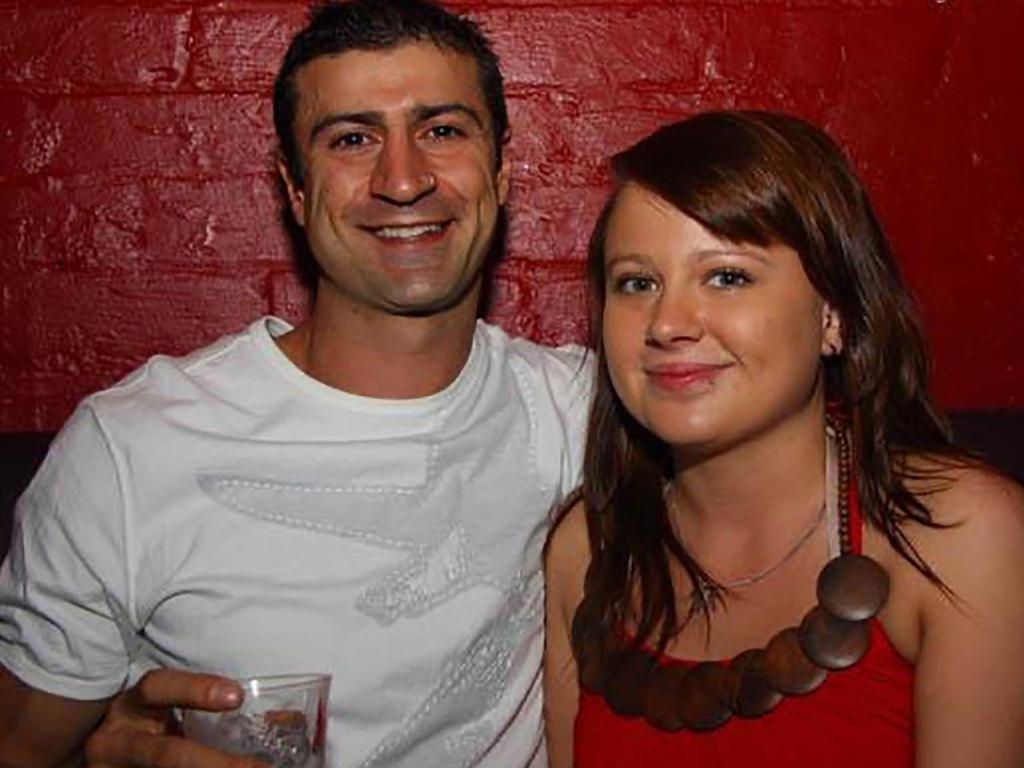Call in watchdog or DNA debacle families ‘will be betrayed again’
The scientist who exposed systemic flaws in Queensland’s government-run DNA lab calls for an independent body to oversee the handling of thousands of criminal cases.

The forensic scientist who exposed serious and systemic flaws in Queensland’s government-run DNA lab has called for an independent body to oversee the handling of thousands of criminal cases affected over at least the past decade.
Police and the health department cannot be left to manage the fallout from the state’s forensics disaster after the imminent closure of a commission of inquiry into the lab, she said.
Victims of crime denied justice, their families and “those who may have been wrongly convicted” are at risk of being betrayed again, Kirsty Wright warned in a submission to the inquiry.

“The response requires dedicated resources spanning years across multiple government departments and disciplines: justice, police, science,” Dr Wright said. “However, it is unlikely such resources will be available for a sustained period in already overloaded government departments.
“It is likely once the commission of inquiry ceases and media attention fades, cases may be overlooked, or thorough investigation impeded due to resource constraints.”
The call for a new, independent DNA commission, to be launched after Walter Sofronoff KC hands down his final report next week, has the support of the mother of murder victim Shandee Blackburn.
Vicki Blackburn said the job of fixing the lab would only be “half done” until cases affected by DNA testing failures were identified and corrected.
“We need to have confidence that they are doing what they are supposed to be doing,” Ms Blackburn said. “If we leave it up to them (government departments), there’s no accountability, and we’ve seen where that’s gotten us now. According to them, they’ve been able to pass their audits, and look what’s happened.”
Dr Wright’s investigations with The Australian into the unsolved 2013 murder of 23-year-old Blackburn in Mackay for the Shandee’s Story podcast led to the inquiry.
Heightening concerns about a lack of transparency, the Queensland Police Service would not answer questions from The Australian about Taskforce Helix, set up to review samples from the past five years requiring further testing. This included police declining to say who was working on the taskforce or to provide information on further testing of samples so far.
“While every case will be examined on its individual merits, it is expected the vast majority will not need to be reopened,” a police spokesman said.

Dr Wright said the new independent commission should be created to identify cases affected by testing failures, using “clear, comprehensive, robust and transparent criteria”.
The body would verify cases requiring further investigation, then ensure retesting, interpretation and reporting of DNA evidence is thorough and appropriate, and clearly understood by investigators, legal experts and victims. Where needed, recommendations would be made to the director of public prosecutions and attorney-general.
“The scale and complexity of the task to remedy matters affected is unprecedented,” Dr Wright said. “Victims of the DNA testing failures and Queenslanders will expect the response to be thorough, transparent, and one which will lead to correct judicial outcomes.” The DNA body required “independent and highly skilled legal experts, investigators and forensic scientists led by a retired judge with the appropriate powers”.
The submission added: “The processes adopted by the DNA Commission must withstand legal, scientific and public scrutiny and restore faith in Queensland’s criminal justice system.”
A dedicated team of support services should also be provided for affected victims, who could initiate contact directly or be referred by the independent body.







